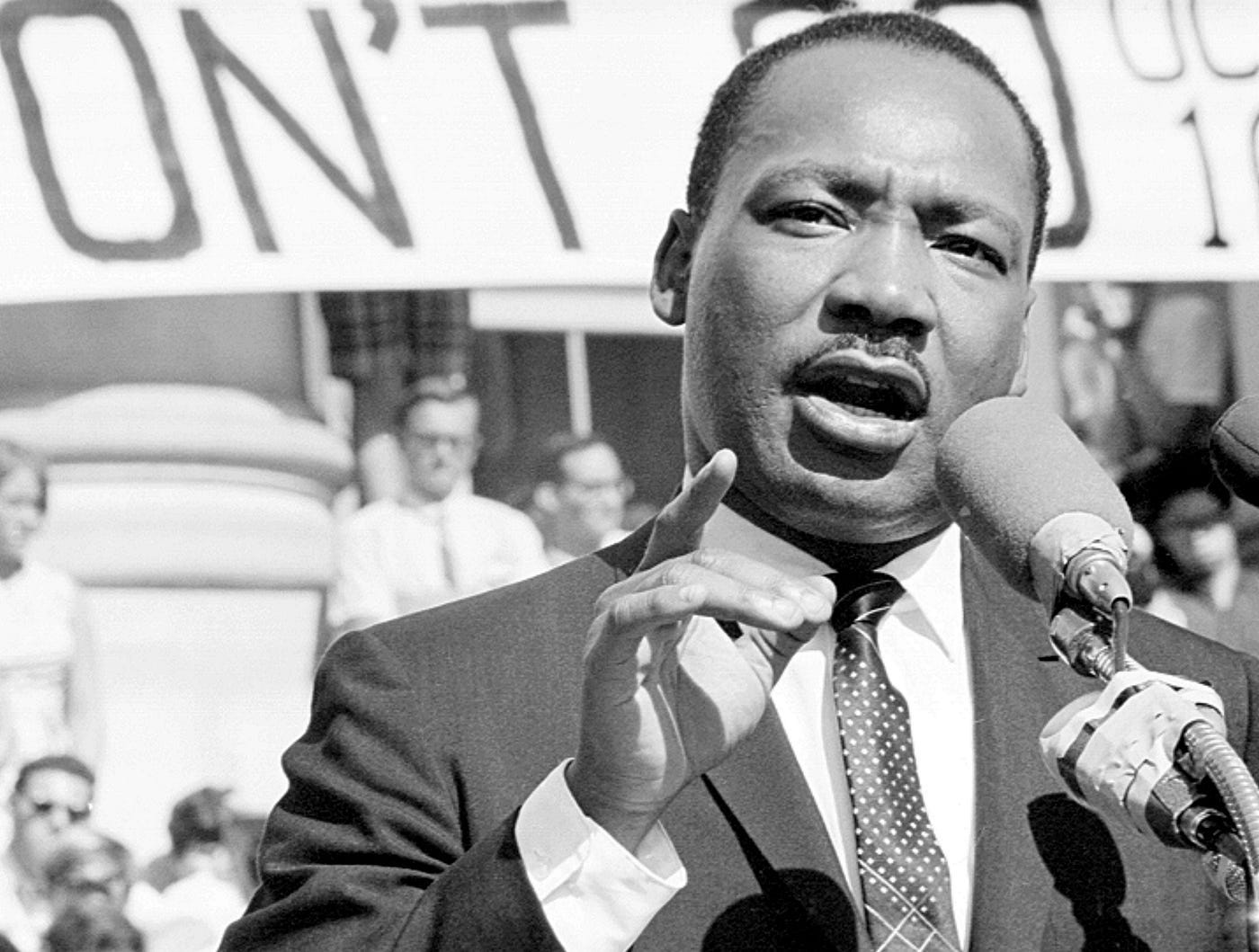I know it’s counter-cultural.
I know it’s provocative.
I know some people find it really activating—especially in this difficult moment.
But no matter how bad things get, I never want to let go of the idea that every person, no matter what they do, is an expression of the One.
Which means that every person at any point in time always has the ability to choose to come home to the goodness within: that seed of loving and just Oneness.
Which means that while actions can be monstrous, no one, no matter what they do, becomes an irredeemable monster.
Which means we must abandon strategies that attempt to crush or exile those who cause harm. Instead we must seek strategies that keep everyone safe while inviting those who cause harm onto the path of repair, re-anchored in their inner goodness.
In the ancient text of the Talmud, the scholar Reb Meir is being harassed by some local thugs. It gets so bad that Reb Meir prays that they die. His wife, the great scholar Beruriah, chastises him, saying: “What are you thinking? In our sacred texts we say “let sins cease from the earth”—not “let sinners cease from the earth.” Pray instead that they repent.”
Oneness is a theology of loving those who cause harm without abdicating a fierce and unrelenting moral clarity. This is theology but it’s also strategy. Because the polarizing strategies most folks are using have been an abysmal failure. The deeper we entrench is good guys versus deplorables, us versus them, the more extreme polarization gets. Battles may be won, but the relief is temporary: the war only worsens and accelerates.
In the Ivri/Jewish tradition we say:
Ain v’ata ela teshuva
There is no “and now…” without return to repair
(BRabbah 21:6 etc)
This means there is no way to move out of the repetitive loop of history, no new moment of “and now…”, without orienting towards returning everyone home to the goodness within.
I was in DC this weekend. Stepping out of the train station and into that beautiful city, knowing what nauseating rot was being churned out of the gleaming white buildings before me, brought tears to my eyes. It’s overwhelming, how many people are choosing hatred and evil. I get the temptation to label those people as monsters. But I’m over this awful ping-ponging loop, this groundhog day of horror. I’m ready for a new “and now…” I want a way forward that brings us all home.
Let me be clear: in this theology of Oneness I’m not talking about cheap grace. I’m not talking about moral relativism. I’m not talking about I’m okay, you’re okay, we’re all okay, so let’s kick back and relax. This is a theology of a Oneness that is both loving AND just.
The Reverend Dr Martin Luther King Jr is a north star in this approach. Again and again he called out evil in the strongest terms, while never relinquishing his belief that justice and love must co-exist, that we could cherish all beings as expressions of the Divine, while holding them accountable for harmful actions.
In 1957 he gave a speech called Loving Your Enemies in which he said:
[H]ate for hate only intensifies the existence of hate and evil in the universe. If I hit you and you hit me and I hit you back and you hit me back and go on, you see, that goes on ad infinitum. It just never ends. Somewhere somebody must have a little sense, and that’s the strong person. The strong person is the person who can cut off the chain of hate, the chain of evil. And that is the tragedy of hate, that it doesn’t cut it off. It only intensifies the existence of hate and evil in the universe. Somebody must have religion enough and morality enough to cut it off and inject within the very structure of the universe that strong and powerful element of love….
In his speech Give Us The Ballot he defined that love:
I’m not talking about a sentimental, shallow kind of love. I’m not talking about eros, which is a sort of aesthetic, romantic love. I’m not even talking about philia, which is a sort of intimate affection between personal friends. But I'm talking about agape. I'm talking about the love of God in the hearts of men. I’m talking about a type of love which will cause you to love the person who does the evil deed while hating the deed that the person does. We've got to love.
The theology of Oneness is not a theology of detachment. It’s not a strategy or letting people off the hook. It’s the opposite. When people or movements betray their true nature as expressions of the loving, just One, then we are called to act to stem their harm and awaken them to their truth and hold them responsible for their actions.
Third century scholar R’ Yosei bar Chanina taught (BRabbah 54:3):
Ahava shayn ima tochacha aina ahava
Love without rebuke is not love
Actions can be harmful. Rebuke is essential. But rebuke is not incompatible with a theology of loving and just Oneness, it is essential to it. We can call out for justice from a place of love. We can remember that those who do harm are driven by relatable human hungers for safety, joy, and belonging, and we can insist that there is a path for them to take where they can redirect these hungers to loving and just ends.
When I lose sight of this principle, I find refuge and guidance in repeating the core mantra of my people, recited in the most awful of times, in the face of the most evil of actions, an affirmation that points that way to our collective survival, healing, and thriving:
Shema Yisrael Yah Eloteinu Yah Achat
Listen, God-wrestlers, Spirit, our power, Spirit is one!




